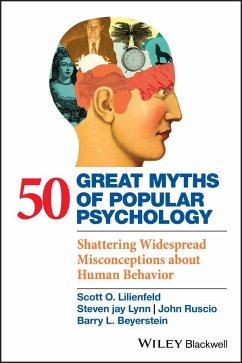
Social Exchange
Advances in Theory and Research
Herausgegeben: Gergen, Kenneth

PAYBACK Punkte
39 °P sammeln!
INTRODUCTION In developing scientific theory there is perhaps nothing more propi tious than a compelling metaphor. If the metaphor is rich in imagery, complexly differentiated, emotionally evocative, and vitally wedded to the cultural lore, the theory to which it gives rise may enjoy a long and vigorous life. If the metaphor is sufficiently powerful, the theory may even be sustained in independence of systematic empirical support. Role theory is likely to remain prosperous so long as there is a thriving theater; decision theory experienced a dramatic rejuvenation with the development of the el...
INTRODUCTION In developing scientific theory there is perhaps nothing more propi tious than a compelling metaphor. If the metaphor is rich in imagery, complexly differentiated, emotionally evocative, and vitally wedded to the cultural lore, the theory to which it gives rise may enjoy a long and vigorous life. If the metaphor is sufficiently powerful, the theory may even be sustained in independence of systematic empirical support. Role theory is likely to remain prosperous so long as there is a thriving theater; decision theory experienced a dramatic rejuvenation with the development of the electronic computer; and, in spite of its archaic construction, Jungian theory will prevail so long as ancient myths and symbols continue to haunt us (d. Smith, 1978). From this standpoint, the development of social exchange theory is hardly surprising. Ex perience with the marketplace is extensive in society, its images are both complex and richly evocative, its challenges are often exciting and its lessons sometimes painful. It is thus both intellectually and emo tionally invigorating to consider the social arena in all its diversity as an extended market in which each individual seeks to maximize profits. The economic metaphor is hardly new to the social sciences. The recent intellectual roots of contemporary exchange theory can be traced to the works of Claude Levi-Strauss, Marcel Mauss, Karl Marx, and B.














